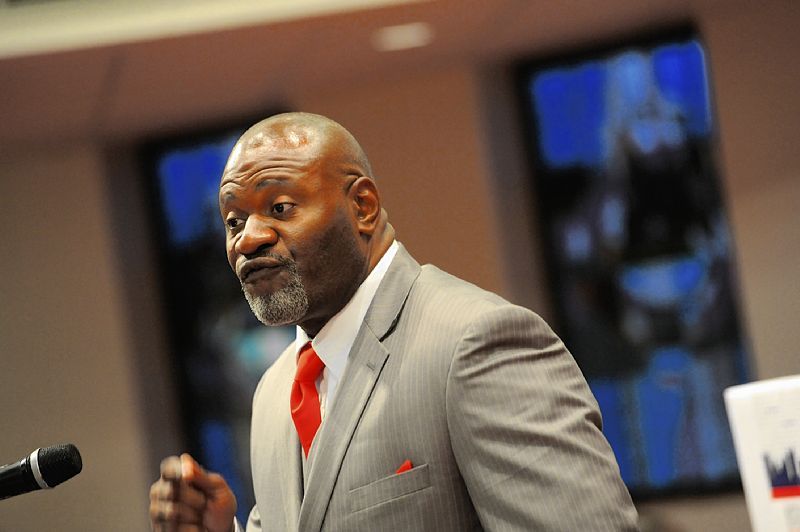A rumour results when there is incomplete, unclear, information. People aren't sure what they know. They tread with caution as they speculate about the little they know until a clear, formal, release of information is done that ‘clears the air’ once and for all.
On the other hand, a gossip is a deliberate attempt to misrepresent information, regardless of whether that information was clear or unclear to the gossip originators (and they really don't care).
Damage Control
A gossip usually has malicious origins and is intended on purpose to cause damage to the reputation and credibility of a person or institution. Unlike a rumour, you cannot just dispel a gossip simply by releasing official statements (e.g. a press release) to clarify the subject in question. The gossip originators and propagandists will most likely twist your statement in some way in order to further their sinister motives!
So, although they look (and sound) alike, the main difference between a gossip and a rumour is the original intention. While a gossip is deliberate, targeted and malicious, existing to cause damage; a rumour is speculative, unsubstantiated and, usually, innocent, existing purely to fill a vacuum in the absence of accurate, substantive, information.
Companies, organisations and highly-visible individuals (e.g. politicians, socialites and celebrities) need to be extra careful with silence in the midst of controversy.
Dealing With Rumours
When a rumour breaks out, you must take action as quickly as possible to clear the air by officially releasing information. Hopefully, the rumour would die a natural death. In releasing official statements, remember to identify individual areas, specifics, or points, in the rumour that are not true and specifically address them.
For celebrities and politicians, you could grant a press interview or, if you own a website/blog, post an official response on-line.
For companies and organisations, a good old-fashioned press release is probably all you need to deal with issues. However, if the rumours have run a little too deep (like in the case of a damning controversy), a senior executive of the company could make a formal pronouncement on the issue to back up the press release.
As for dealing with gossip, after you must have released an official statement expressly clarifying the facts and separating the fiction; if someone continues to peddle false, misrepresented, information, you could simply sue them to court for libel. Make them pay for their mischief!
Withholding information for too long creates just the right conditions for rumours to germinate and propagate. In the absence of information, people will always find something to speculate about and to pass around. From a PR perspective, the issue of "bad press" is very real. Release accurate information in a timely manner as silence in the midst of controversy is dangerous.
Remember that nature abhors a vacuum — something must fill the gap! It is either you fill it by yourself or someone else will fill it for you (and don't expect to like the result).
So, what do you think about rumours and gossips? Have you, or a company or institution you know/work with, been a target of gossips and rumours and bad press? How was it dealt with it? Please drop your comments below.










